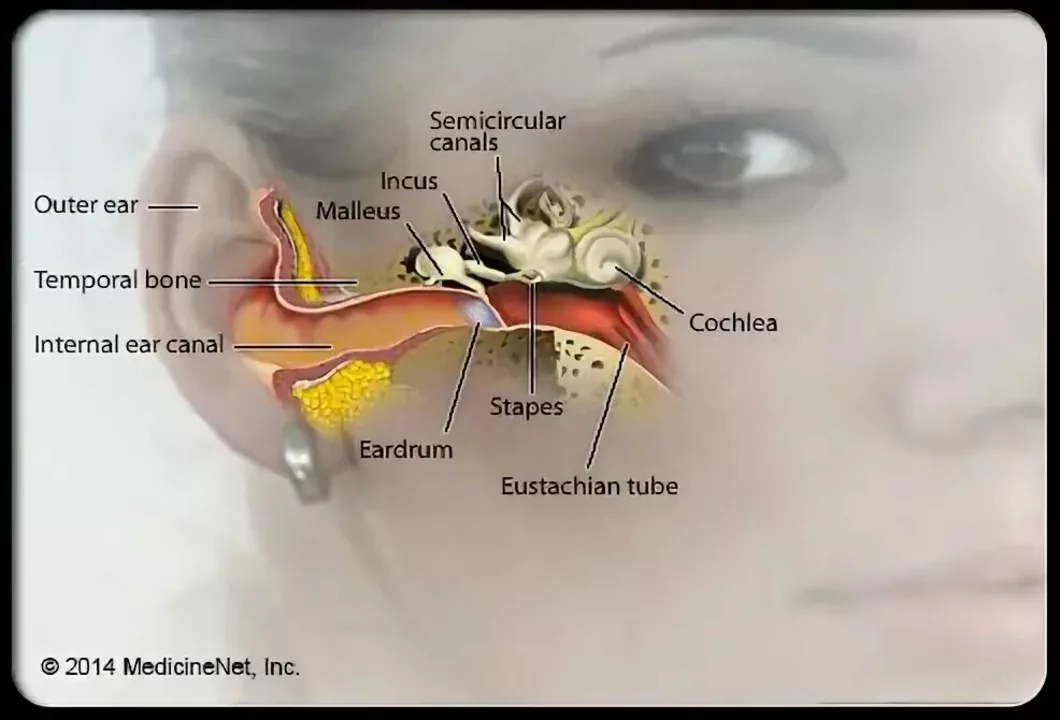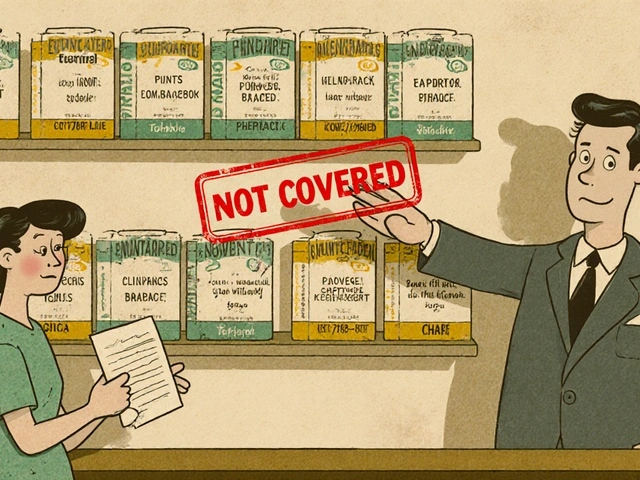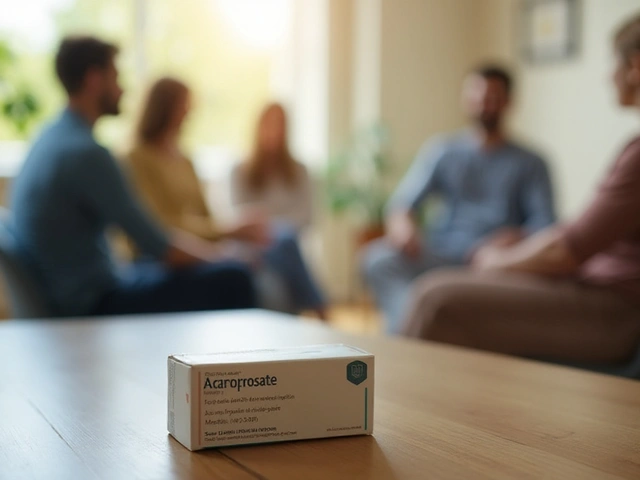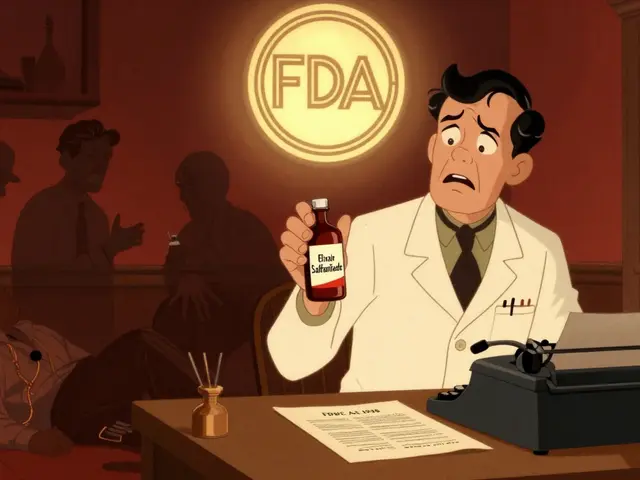Ringing ears (tinnitus) — what it means and what you can do now
Hearing a constant ringing, buzzing, or whooshing in your ears? That’s tinnitus. It’s common, annoying, and usually not dangerous. But it can affect sleep, focus, and mood. Read on for clear causes, quick fixes you can try today, and when to see a doctor.
What causes ringing in the ears?
There’s no single reason for tinnitus. The usual suspects are loud noise exposure, age-related hearing loss, earwax blocking the ear canal, and certain medicines. Health issues like high blood pressure, sinus congestion, or TMJ (jaw problems) can make it louder. Less often, a pulse-synced sound (pulsatile tinnitus) points to blood flow changes and needs a check-up.
Some medications can cause or worsen ringing: high doses of aspirin, some antibiotics, certain diuretics (like furosemide), and some chemotherapy drugs. If your ringing started after a new drug, talk to your prescriber—don't stop meds on your own.
Practical steps to reduce ringing now
Try these easy, science-backed moves that help many people.
1) Protect your ears. Avoid loud places or use good earplugs. Even short loud concerts can make tinnitus worse. 2) Reduce earwax safely. If you suspect blockage, get your ears checked—don’t jam cotton swabs deep into the canal. 3) Mask the noise. A fan, white-noise app, or low-level background music can make ringing less obvious and help you sleep. 4) Cut back on stimulants. Caffeine, nicotine, and alcohol can increase awareness of tinnitus for some people. Try limiting them for a week to see if things improve.
5) Treat stress and sleep. Stress makes tinnitus feel louder. Breathing exercises, short walks, and regular sleep schedules help. Cognitive-behavioral therapy (CBT) and relaxation training also reduce how much tinnitus bothers you, even if the sound remains.
If hearing loss is part of the problem, hearing aids often reduce tinnitus by improving the brain’s access to external sound. Sound therapy devices, tinnitus retraining therapy (TRT), and specialized apps can also help retrain your brain to ignore the noise.
When should you see a doctor? Make an appointment if the ringing starts suddenly, follows head trauma, comes with hearing loss or dizziness, or if it’s a pulse-matched sound. Sudden changes can signal treatable problems. Your primary care doctor or an ENT (ear, nose, and throat) specialist can evaluate you, test hearing, check for wax, review medications, and order imaging if needed.
There’s no one-size-fits-all cure, but many people find big relief by combining simple fixes: protect ears, reduce triggers, manage stress, and get a hearing check. Want help picking the next step? Ask your doctor about a hearing test and sound-based options—small changes often make a big difference.

Atenolol and Tinnitus: Can It Cause Ringing in the Ears?
I recently came across some information on Atenolol and tinnitus, which got me thinking - can this medication cause ringing in the ears? From my research, it seems that Atenolol, a beta-blocker used to treat high blood pressure and other heart conditions, has been linked to tinnitus in some cases. Although it's not a common side effect, some people have reported experiencing ringing in their ears after taking Atenolol. If you're on this medication and notice any changes in your hearing, it's essential to consult your doctor. They can help determine if Atenolol is the cause and recommend alternative treatments if necessary.
Read More




